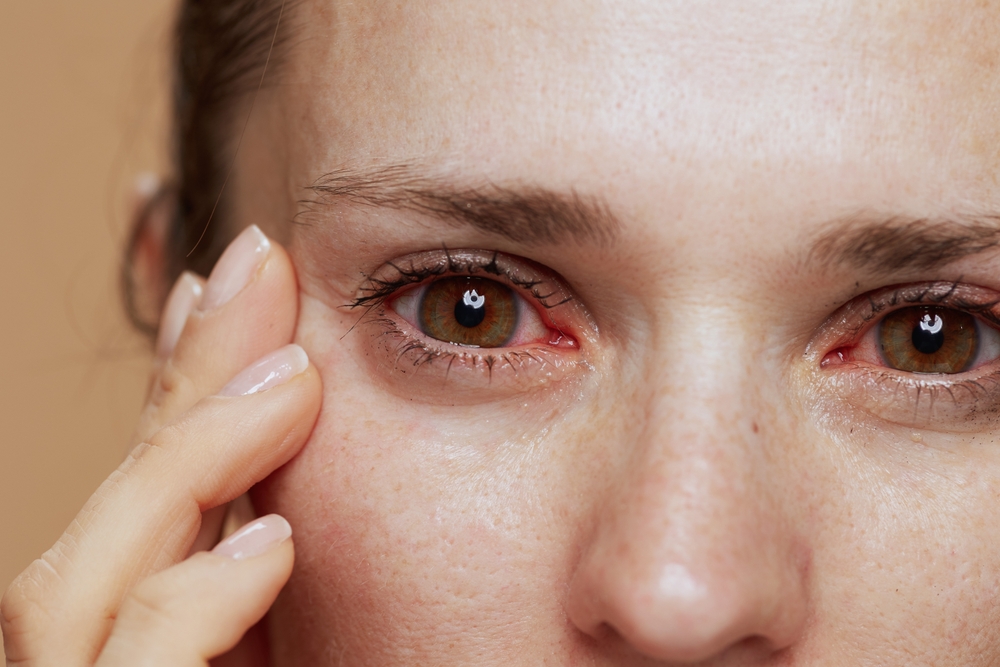
When it comes to eye health, time is often of the essence. Certain eye conditions are considered ocular emergencies and require immediate attention to prevent vision loss or permanent damage. Understanding what constitutes an ocular emergency and knowing where to turn for prompt care can make all the difference in protecting your sight.
Recognizing an Ocular Emergency
Ocular emergencies can take many forms. Some of the most common include:
Sudden Vision Loss: Losing vision in one or both eyes, even if it is temporary, is always a cause for immediate concern.
Eye Trauma: Injuries such as blunt force trauma, penetrating injuries, or chemical exposures can rapidly threaten the health of your eye.
Flashes and Floaters: A sudden onset of flashing lights, floaters, or a curtain-like shadow across your field of vision could signal a retinal detachment, which requires urgent treatment.
Severe Eye Pain: Persistent, intense pain in the eye may indicate conditions like acute glaucoma, corneal abrasions, or infections.
Red Eye with Decreased Vision: Redness combined with visual changes could suggest serious infections like keratitis or uveitis.
Foreign Objects: If something becomes embedded in the eye, prompt and proper removal is critical to prevent infection and damage.
Why Immediate Action Matters
Delaying care during an ocular emergency can lead to serious consequences, including irreversible vision loss. The eye’s delicate structures can suffer lasting damage if injuries, infections, or detachments are not addressed quickly. Acting fast increases the likelihood of preserving your vision and reduces the risk of complications that could require extensive treatments or surgeries later.
Why You Should See Your Optometrist First
In many cases, your optometrist is better equipped to handle ocular emergencies than a hospital emergency room. Here’s why:
Specialized Equipment: Optometrists have access to specialized diagnostic tools such as slit lamps, tonometers, and retinal imaging devices that are essential for accurately diagnosing and treating eye issues.
Focused Expertise: Unlike ER doctors, optometrists specialize in eye health and can quickly recognize and treat a wide range of ocular conditions.
Efficient Care: ER wait times can be long, and many hospitals will ultimately refer you to an eye specialist. Seeing your optometrist directly often leads to faster, more effective treatment.
Continuity of Care: Your optometrist has access to your eye health history, allowing for personalized treatment that takes your full medical background into account.
In situations where surgery or advanced medical intervention is needed, your optometrist can quickly coordinate a referral to an ophthalmologist or appropriate specialist.
Get in Touch with Optimal Optometry for Urgent Eye Care
Recognizing the signs of an ocular emergency and knowing how to respond can save your vision. We are equipped to handle urgent eye care needs with precision, expertise, and compassion. If you experience sudden vision changes, eye pain, trauma, or any other alarming symptoms, do not wait.
If you are experiencing an eye emergency or have concerns about your vision, contact Optimal Optometry immediately. Visit our office in Ontario, California, or call (909) 563-3120 for further guidance.







